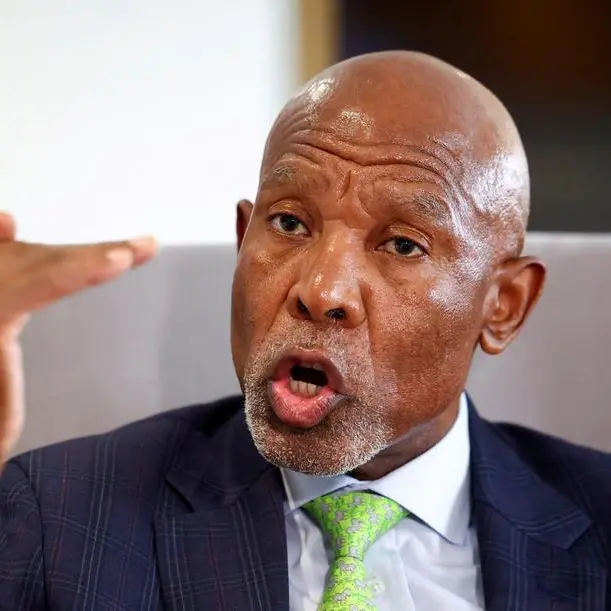The UAE has ranked first in economic diversification in the GCC and 16th in global rankings for ease of doing business; climbing up 12 spots within a period of five years, according to a UBS report released by the UBS Global Wealth Management's Chief Investment Office on investing in emerging markets after the Covid-19 pandemic.
While the UAE is already home to a diversified range of industries including, among others, metals, pharma, food and beverages, and transportation, defense, and aerospace equipment, it has set clear strategies on promoting robotics and advanced manufacturing techniques to better position the local economy for the future.
Keeping supply chains functioning, the crucial pillar of food security, although already at the top of authorities' minds, even before the pandemic, has been successfully addressed during these challenging times, emphasising the government's focus on the localisation of food production, which will help to diversify the supply mix and can offer wide-ranging investment opportunities.
According to the report globalisation and its boost to international trade have benefited emerging markets over the past decades, but negative side effects have evolved in parallel. The coronavirus crisis has accelerated the trend for increased localisation.
Geographical and cultural proximity, few barriers to trade, a business-friendly environment, a diversified economic structure in manufacturing, and a skilled workforce that can thrive in a world being shaped by advances in digitalisation and automation are some of the features highlighted in the report that should help economies respond to the shifting supply chains.
Recent surveys conducted by the UBS Evidence Lab illustrate that businesses are keen to relocate their foreign operations as a result of coronavirus-related shutdowns. Interestingly, of the US, North Asian, and Chinese firms surveyed, 85 per cent, 76 per cent and 60 per cent, respectively, have moved or are planning to move production out of China. US firms surveyed would move 46 per cent of their China production, while Chinese manufacturers reported they would move 30 per cent of their export capacity outside of the country. The equivalent number for the North Asian firms included in the survey was 33 per cent. These plans suggest that 20 per cent - 30 per cent of capacity could be moved out of China, an estimated total of $500 - $750 billion in exports. As a response, companies and governments are already acting to diversify these chains and bring them closer to home, with further changes to come.
UBS expects the trend toward more localised economies to advance in the years ahead as it relies on a range of crucial factors such as the complexity of supply chains, access to a competitive workforce, energy or commodities, appropriate infrastructure or business environment, geographical proximity to final sales markets or subsidies, environmental costs, digital adaptation and protectionism.
Michael Bolliger, chief investment officer Emerging Markets at UBS Global Wealth Management and co-author of the report, said: "The Covid -19 crisis has made the world structurally less global, accelerating further the de-globalisation trends which will be affecting emerging markets significantly in the years to come. Although the shift will take place gradually, investors should be exploring the increased importance of sustainable investing, the opportunities and challenges arising from the fourth industrial revolution-digitalisation, automation, and the use of robotics are all on the rise-and, finally, climate change and its effects on food security."
The report highlights UAE's potential to thrive under the new paradigm and capitalise on more localised supply chains thanks to its business-friendly environment, successful diversification of the economy, access to an international workforce, and the government's forward-looking, technology-embracing attitude.
Niels Zilkens, head Arabian Gulf at UBS Global Wealth Management, said: "Emerging markets will encounter opportunities and challenges informed and shaped by the new dynamics created after the Covid-19 pandemic. Building human capital, developing a specialised yet flexible economic structure, and creating a business-friendly regulatory environment do not happen overnight - and neither does the relocation of supply chains. Not all countries will be winners in this gradual shift from global to local, but the UAE has laid strong foundations to leverage on the new opportunities arising. We believe that those governments, entrepreneurs, and investors who incorporate this long-term thinking into their current decision-making will be better prepared for the future."
Copyright © 2020 Khaleej Times. All Rights Reserved. Provided by SyndiGate Media Inc. (Syndigate.info).




















